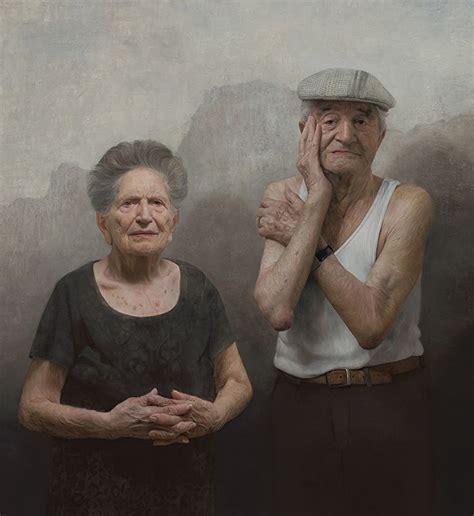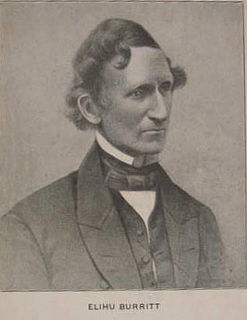A Quote by David Muir
I do feel if we underestimate the viewer, it's at our own peril.
Related Quotes
I'm not presumptuous enough to feel that people are going to feel what I have in mind, so I tell a story, you know, let them read something, that doesn't change, that as I have said it, you know, so that's the way I feel about the viewer, the viewer has a mind of their own and eyes of their own and they're going to see it their way, I just hope they look.
I want my paintings to give the viewer a true sense of reality - that includes but is not limited to depth, scale and a tactile surface as well as the real sense of what the subject looks like and is feeling at the time that I painted them. There should be a discourse between the viewer and the subject, to feel as though they are in a way connected. My goal is not to set a narrative but rather to have the viewer bring their own experiences to the painting and the subject as they would if they had seen the subject on the street in real life.
A lot of the pieces I've done over the years have involved alterations of scale and the idea of the viewer's relationship to the object and how we see things by either enlarging or reducing objects, it causes the viewer to look at them again. It's hard to do because our culture is so bombarded by images and media. How do you make something fresh for a viewer? That's a real challenge.
I have been in many countries, and I have found there people examining their own love of life, sense of peril, their own common sense. The one thing they cannot understand is why that same love of life, sense of peril and above all common sense, is not invariably shared among their leaders and rulers.
I always feel that a viewer has an expectation about every moment of the film and where it's going, so if I act against that, I've created a twist. In fact, it becomes a kind of game with the expectations of the viewer. This is the superficial appearance. In the layer beneath, there is a hidden theme.
We underestimate teenagers at our peril. Even the dismissive thing out on the street--look at what they're wearing. Then we'll hear stories about how a toddler fell on the tracks, and it's often a teenager who comes to the rescue and walks away because he or she doesn't want any credit. I recognize it because I've written books for teenagers--it's basically that they feel things more than adults do. They want things more than you think. They want things with greater depth than you think they do. Teenagers have got a lot of soul that adults have forgotten they have within themselves.

































